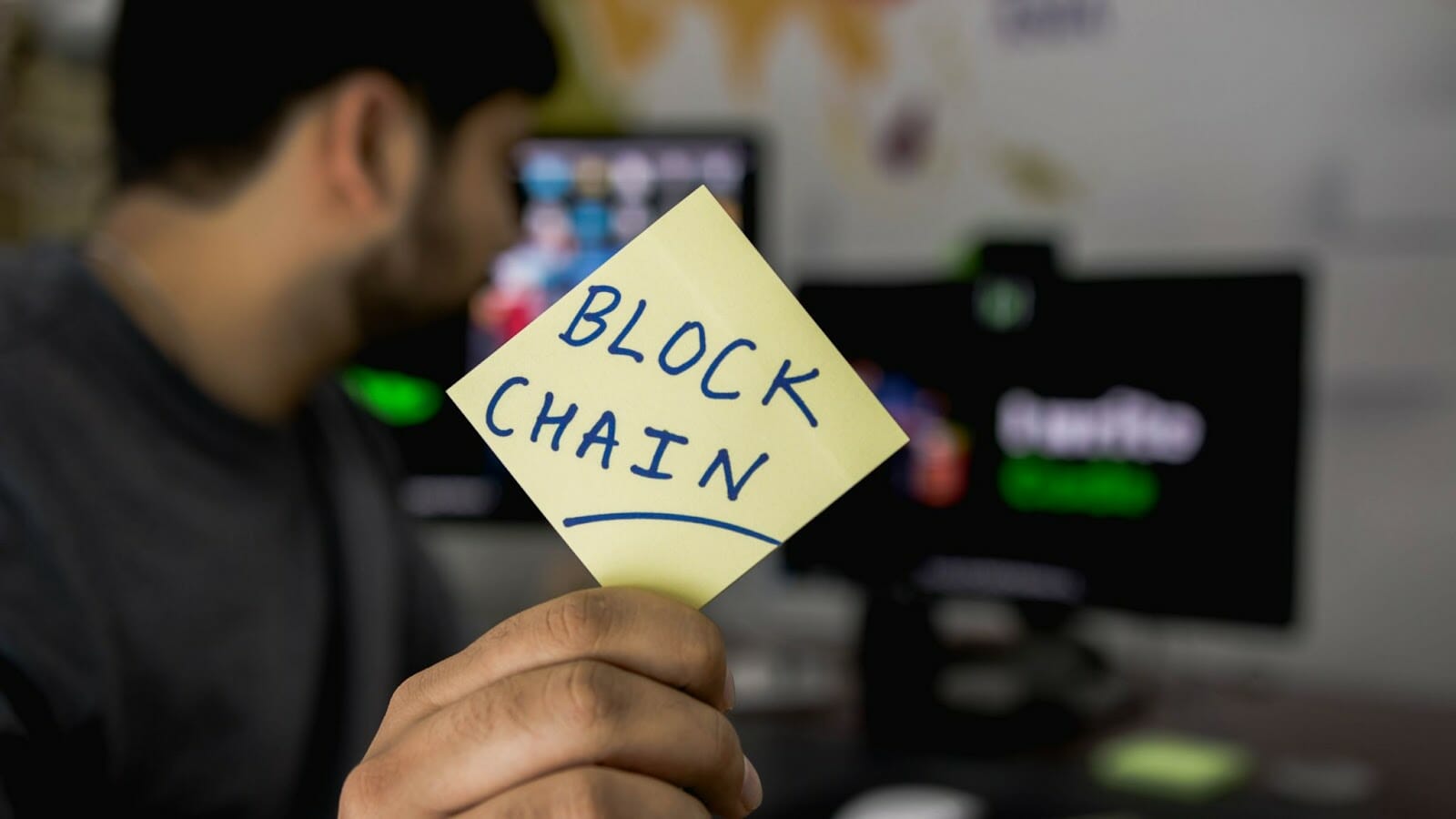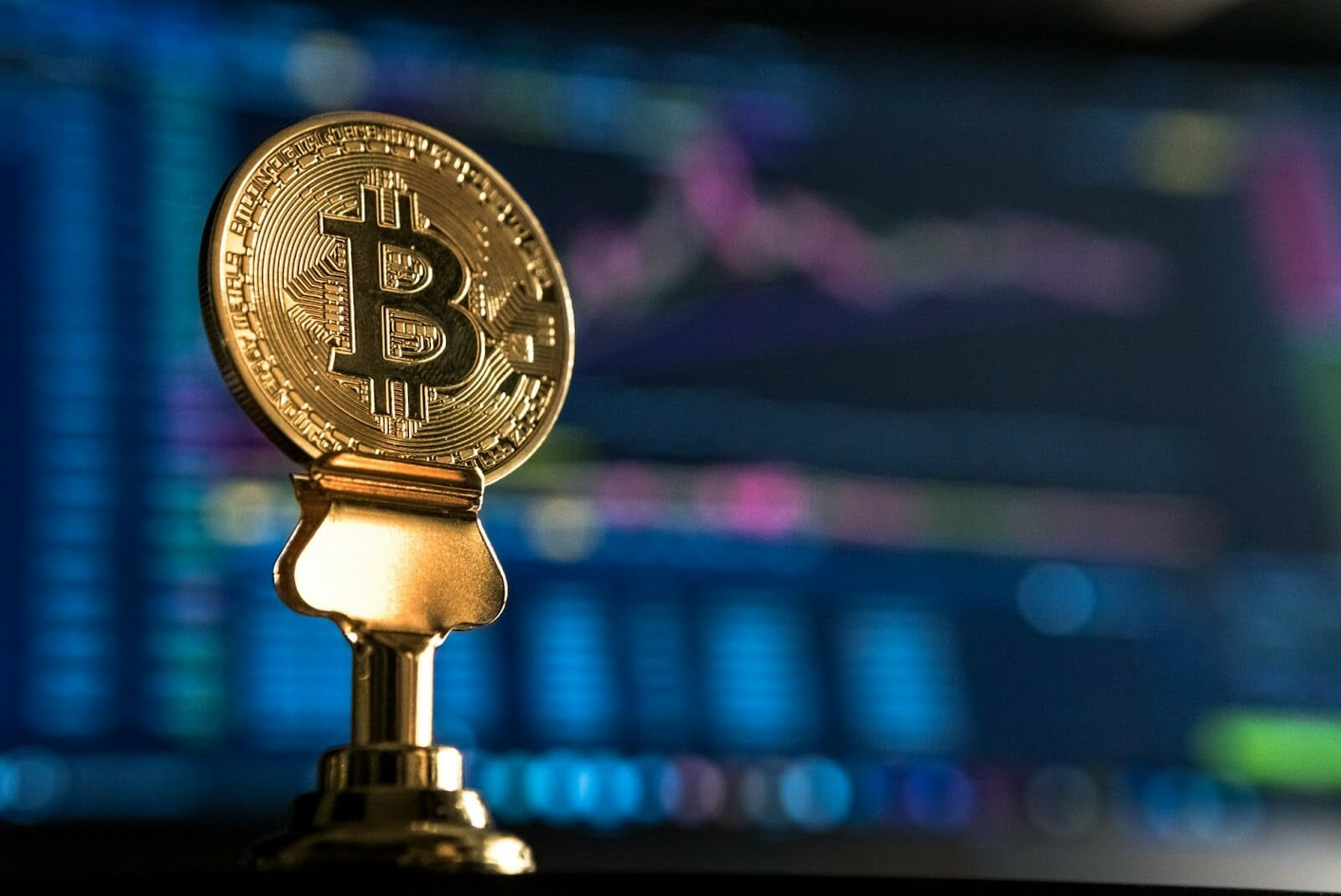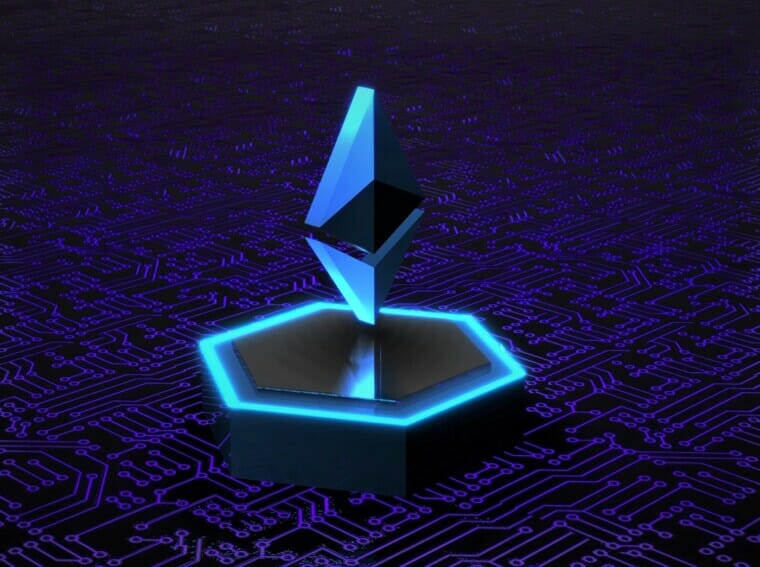Blockchain has made its way into various industries, including healthcare, manufacturing, and supply chain management, but gaming is probably the most prominent area touched by this advanced, revolutionizing technology.
As more games reach the alpha and beta stages, blockchain adoption is expected to grow considerably. According to a MarketsAndMarkets report, the global blockchain gaming market is predicted to surge 70.3% in the following years. Surprisingly or not, it could be valued at $65.7 billion by 2027, significantly higher than today’s value of $4.6 billion. With such vast amounts of money at stake, it looks like blockchain gaming will rule the industry in the foreseeable future.
But what is so special about these games, anyway? Well, it’s the blockchain technology itself that is used to encrypt them, allowing firms to build NFT gaming business strategies that appeal to players and hence generate substantial profits. However, this new generation of games benefits both gaming companies and players, who are finally in total control of their in-game assets and can earn real-world rewards. This is huge in gaming, and that NFT trade volume reached more than $64 billion in just two years (in December 2020, it was worth only $135 million) is clear proof of this. So, blockchain is obviously making waves, but this is far from being just about cryptocurrency. Whoever is preoccupied with the Bitcoin price today should be mindful of blockchain’s other revenue opportunities.
More and more companies involved in blockchain gaming are already taking steps to make their voice heard in this competitive market, which has given rise to quite a lot of trends. Here’s a look at the most prominent ones so far:
P2E Will be More Prominent than ever
Until recently, gaming could only be described as anything but not rewarding. However, blockchain adoption has made it possible for players to earn tangible rewards as they complete various quests. Thus, gaming has a monetary sense due to a model that aims to reinvent the industry – Play-to-Earn (P2E). Not only has this been welcomed with enthusiasm by avid gamers who are just thrilled with the idea of metaverses, but it has also become a sort of alternative career for some people in developing countries.

For example, about 20% of the Philippines has indulged in blockchain games, with 40% of the player base enjoying Axie Infinity. Some workers here even confirmed they earn double or triple their local minimum salary. Without a doubt, P2E is likely to influence the livelihood of individuals in numerous countries, just as it does with those in the Southeast Asian region.
Brands Will Use Gaming As a Metaverse Brand-building Platform
A lot of brands spanning various industries have already launched exclusive NFTs and digital products to establish themselves as trailblazers in the metaverse. And by brands, we mean not only luxury fashion brands like Dolce & Gabbana and Gucci or big names like Coca-Cola and Microsoft but also mass-market brands like Pacsun. For example, brands such as Samsung and Emirates have entered sporting arenas by sponsoring football teams. Since more and more games are moving into the multiverse, companies are adopting new-age platforms to boost their visibility and establish powerful collaborations and sponsorships.
Blockchain Gaming Leads to Increased Crypto and NFT Adoption
Cryptocurrency has indeed taken the financial system by storm, becoming a preferred investment option for many. Still, it’s far from achieving mass adoption. After all, this form of asset is still in its early stages, and it will take years for individuals and organizations to replace traditional money with virtual coins entirely. The same goes for NFTs, which are just another form of digital assets. Nevertheless, it’s safe to say they’ll move closer to their initial purpose in 2023, with increasingly more people, as well as firms, embracing them.

All this is mainly due to the growing popularity of blockchain gaming, which is believed to reach new heights this year. As previously mentioned, the market is already valued at billions of dollars, so the fact that it’s a portal to the crypto and NFT space for most individuals is not at all surprising. Gaming has long been the preferred leisure activity of millions of individuals worldwide and has been used to familiarize audiences with new concepts and ideas from a range of areas. Blockchain games can also be used as a teaching method, educating people on virtual currencies, NFTs, and digital assets in general, as well as the basics of trading. So, don’t be surprised if you see this gaming model everywhere in the future.
First-rate AAA Games Are Entering The Market
Compared to PC or mobile games, blockchain games are relatively few. Based on DappRadar evidence, about 2,000 blockchain games exist. Nonetheless, most of these games can’t even be called ‘games’ in the traditional sense of this word. The truth is that they’re produced by companies without much experience in the field, praising the earning aspect rather than authentic playability. This is also one of the reasons many call these types of games uninteresting. However, 2023 will likely be the year of change, when more fun will be brought to blockchain games.
Furthermore, first-rate AAA games are entering the GameFi market. These kinds of games are created and distributed by major or at least mid-sized publishers, so they’ll boast a higher quality, a higher budget, and higher graphics – everything about AAA games is higher. Some popular AAA games on the market at the present moment are Guild of Guardians, Illuvium, Big Time, and Sidus Heroes, which also have their own currencies you can use to get around their multiverses.
More Use Cases For NFTs
In blockchain games, collectibles often come in the form of NFTs players can trade on the marketplace. However, these tokens are far from being just pretty pictures, as many deem them. Since 2023 is a year of innovation as regards blockchain games (often also called NFT games), these collectibles will expand their use cases. Hence, they’ll be both in-game items, such as avatars, skins, and weapons, and gateways to exclusive airdrops, content, and even real-world merch. Apart from that, NFTs have significant use cases in DAOs, another potentially big industry trend.
So, do blockchain games sound interesting to you?

